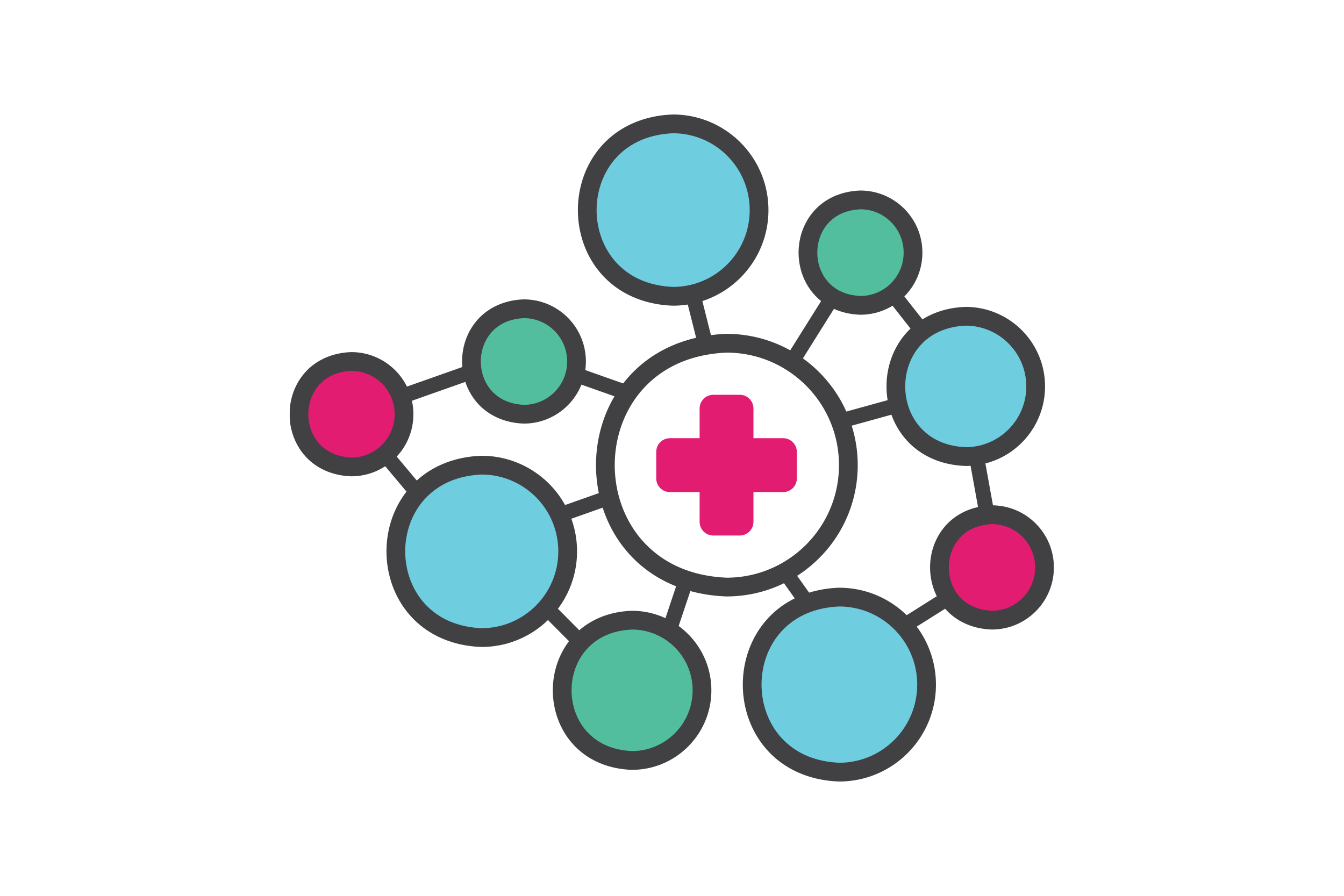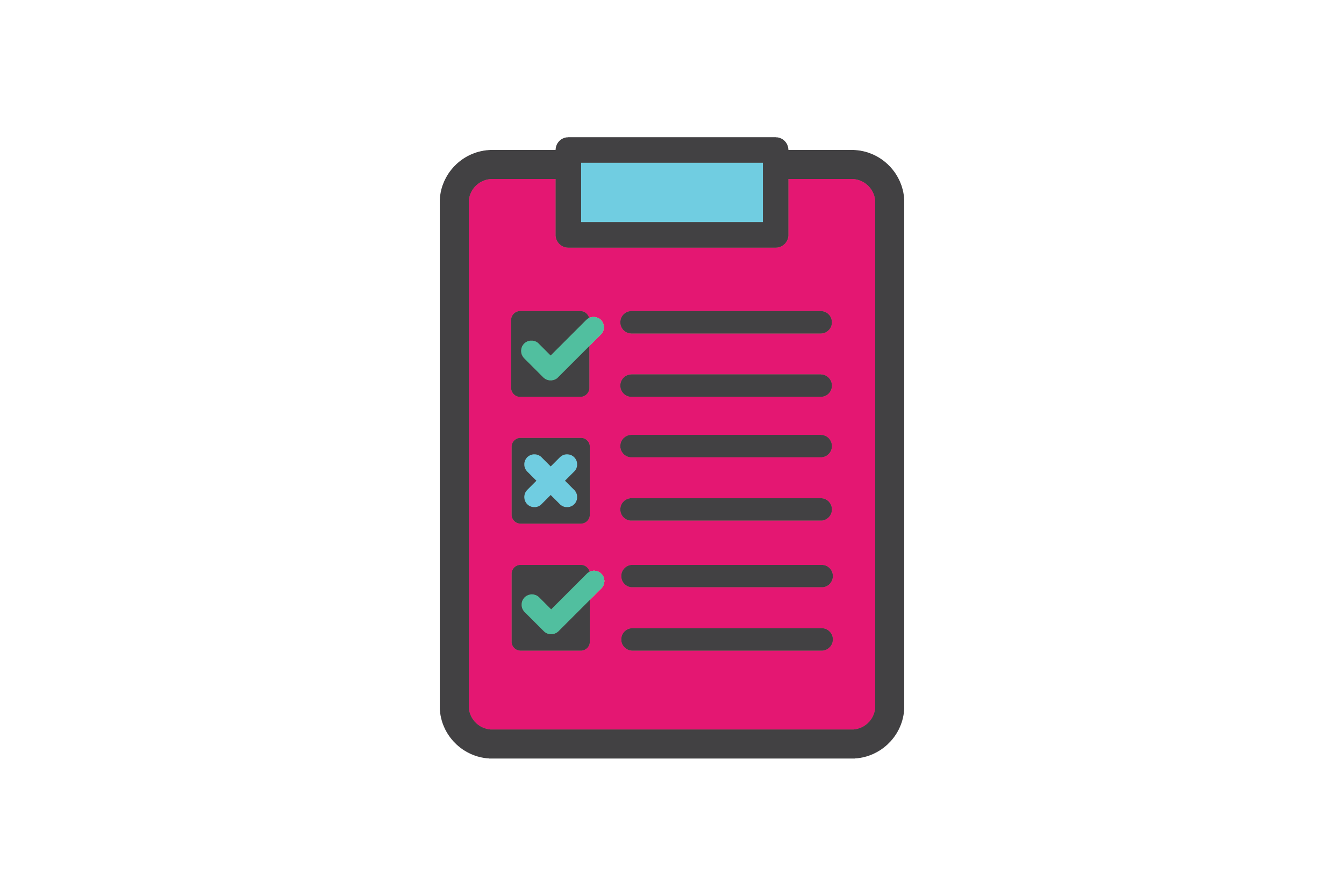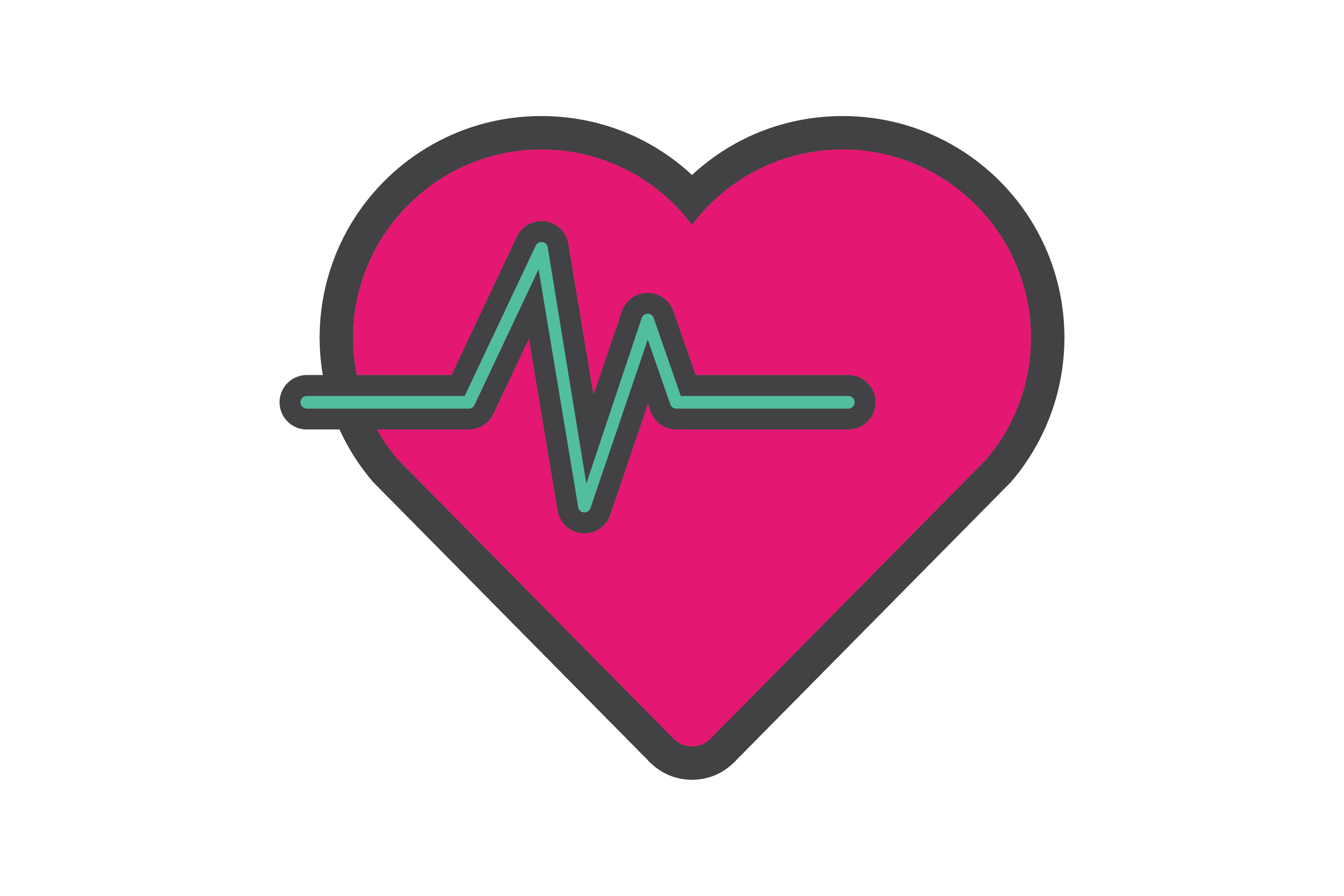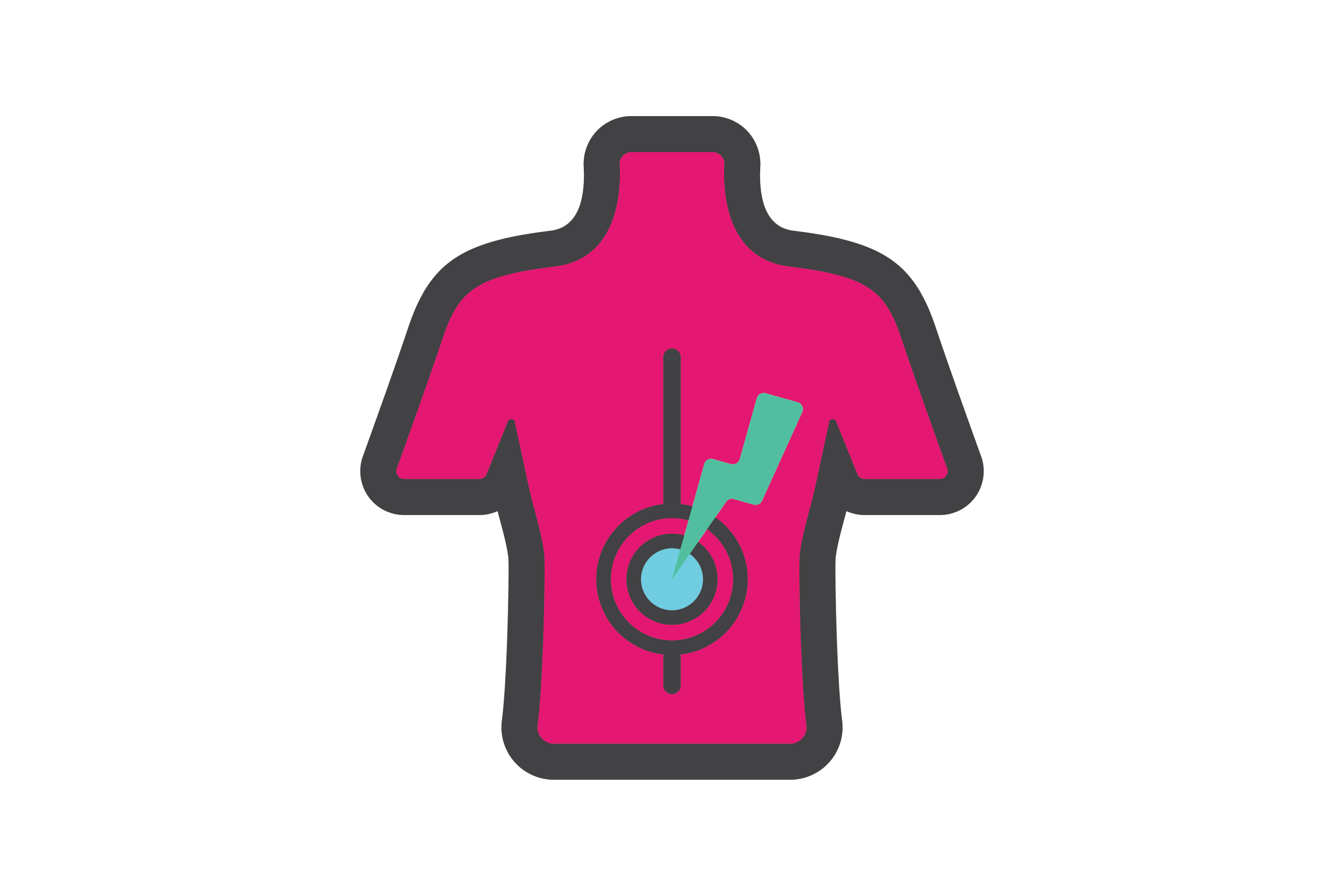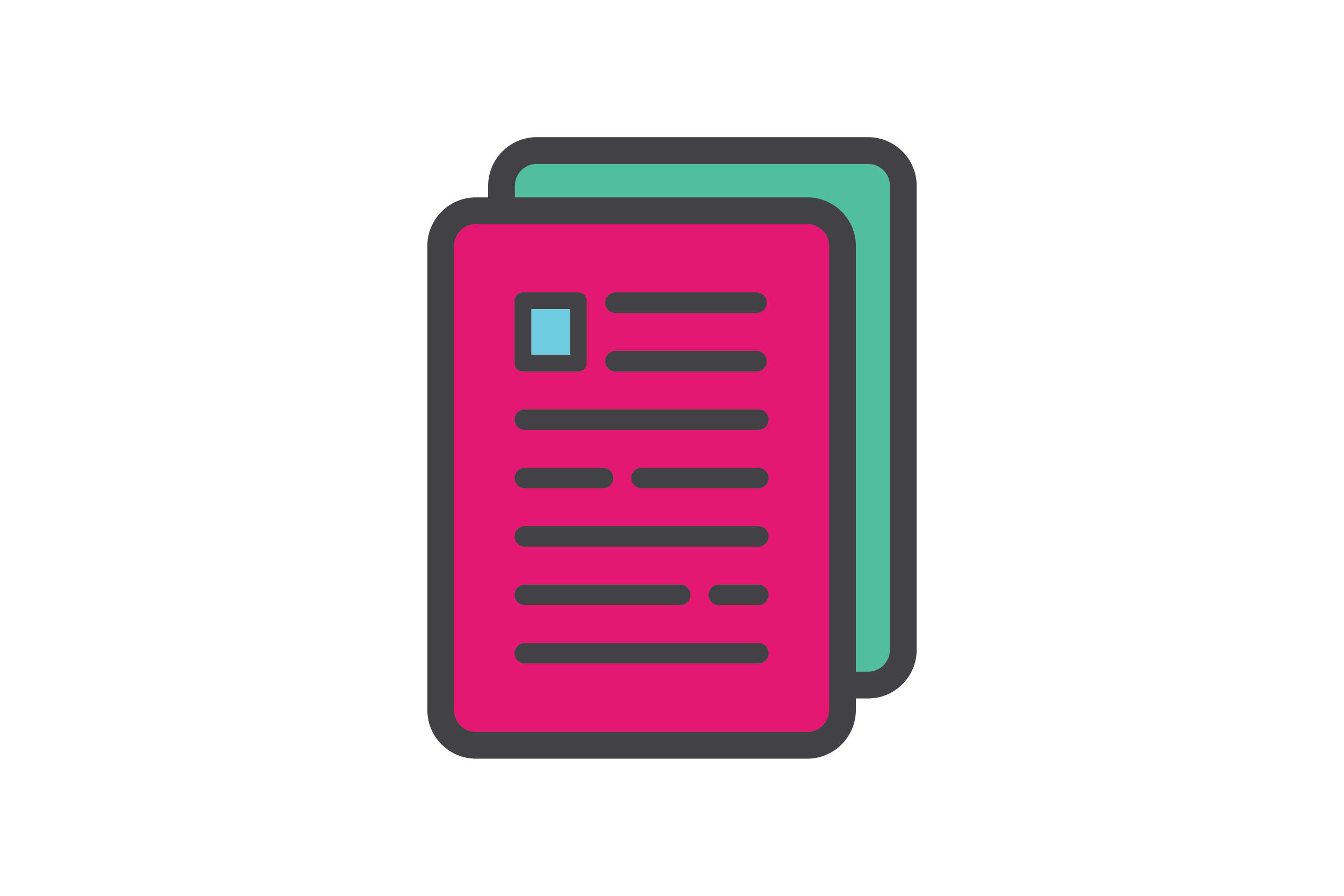Women’s views about current and future management of Ductal Carcinoma in Situ (DCIS): A mixed-methods study – Brooke Nickel, Kirsten McCaffery, Jesse Jansen, et al.
We found that public awareness of DCIS remains very low, but women developed reasonable understanding of DCIS following a short informational presentation. There was substantial support for offering the option of de-escalated treatment for low-risk DCIS, especially among older women. If clinical trials are to [...]

